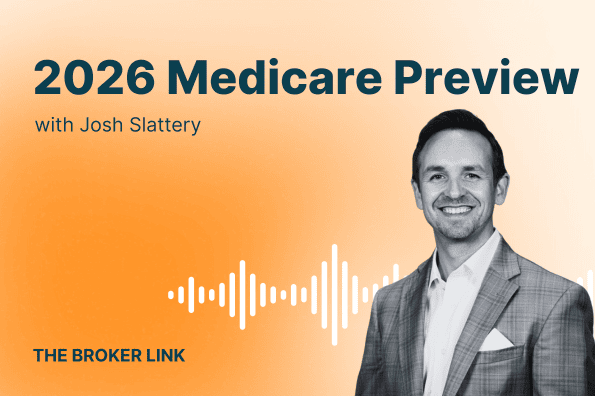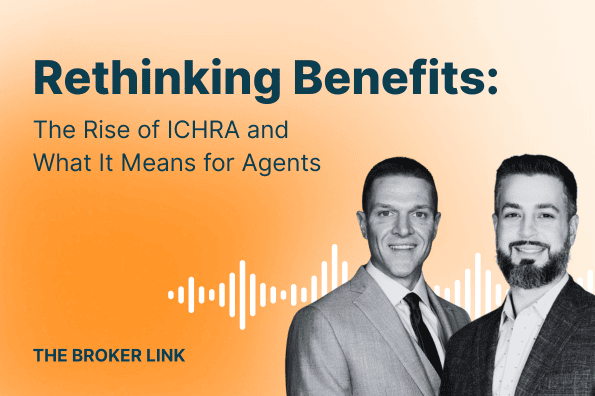Episode Summary
As more Americans continue working past the age of 65, one of the most complex decisions they face is whether to enroll in Medicare or keep their employer-sponsored group health plan. Making the wrong choice without fully understanding the rules and options can result in financial penalties, gaps in healthcare coverage, and challenges accessing care. This long-form summary examines what you need to know when deciding between Medicare and employer plans at 65.
A key factor in determining whether Medicare or an employer plan is the primary payer is the size of the employer group. For companies with under 20 employees, Medicare is considered the primary payer while the employer plan is secondary. However, for larger companies with 20+ employees, the employer group health plan remains the primary payer while Medicare is secondary. Understanding these primary vs secondary payer rules is crucial to prevent coordination of benefits issues.
To compare coverage options thoroughly, tools like SimplyEnroll can analyze the costs and benefits of Medicare versus an employer plan. It's important to look at all the costs including premiums, deductibles, copays, prescription drug expenses, and total estimated out-of-pocket spending for the year. The provider network, covered medical services, and prescription drug formulary should also be compared to ensure access to preferred doctors, hospitals, and medications.
On the Medicare side, higher-income individuals should watch out for Income Related Monthly Adjustment Amounts (IRMAA) which can greatly increase Medicare premium costs. There are also lifelong late enrollment penalties to consider if you delay Medicare enrollment past 65 and don't maintain continuous "creditable" healthcare coverage. Cobra coverage, for example, does not count as creditable coverage for Medicare purposes.
Medicare beneficiaries must also evaluate options like Medigap plans to cover Medicare costs, Medicare Advantage for all-in-one plans, and Part D prescription drug coverage. Comparing choices while looking closely at premiums, benefits, provider networks, and estimated out-of-pocket costs allows people to find the right fit based on their healthcare needs and budget.
Navigating Medicare enrollment at 65 can be extremely confusing due to the complex rules and array of options. Seeking out expert guidance is highly recommended to help avoid missteps and ensure you make an informed decision about whether to enroll in Medicare or keep your employer's health plan. With the right information and support, the transition to 65 can be smooth.
Timestamps
(0:00:05) - Broker Link has an audio masterclass on Decision group Health or Medicare
(0:03:01) - How might COVID-19 impact decision to migrate to Medicare
(0:08:50) - Who pays first in a group of 19 or fewer lives is critical
(0:10:57) - There are approximately 5.3 million business firms with fewer than 20 employees
(0:17:21) - We developed a simple Medicare health and drug plan quote request form
(0:19:52) - Use these resources to foster a more compliant Medicare presentation
(0:23:31) - Don't forget to ask about Irma. Be sure you're talking to clients who may be affected
(0:26:01) - Anyone who filed an individual tax return in 2019 doesn't need to worry about Irma
(0:29:42) - What types of health and drug plans are available to a Medicare-eligible beneficiary
(0:31:48) - Is my high deductible health plan considered to be creditable coverage for Medicare Part d
(0:33:20) - You may not contribute to a health savings account if you are enrolled in Medicare
(0:35:18) - Can you have Cobra and Medicare? Well, that depends on when you become eligible
(0:39:16) - Can an employer deduct a med sup plan for an employee





